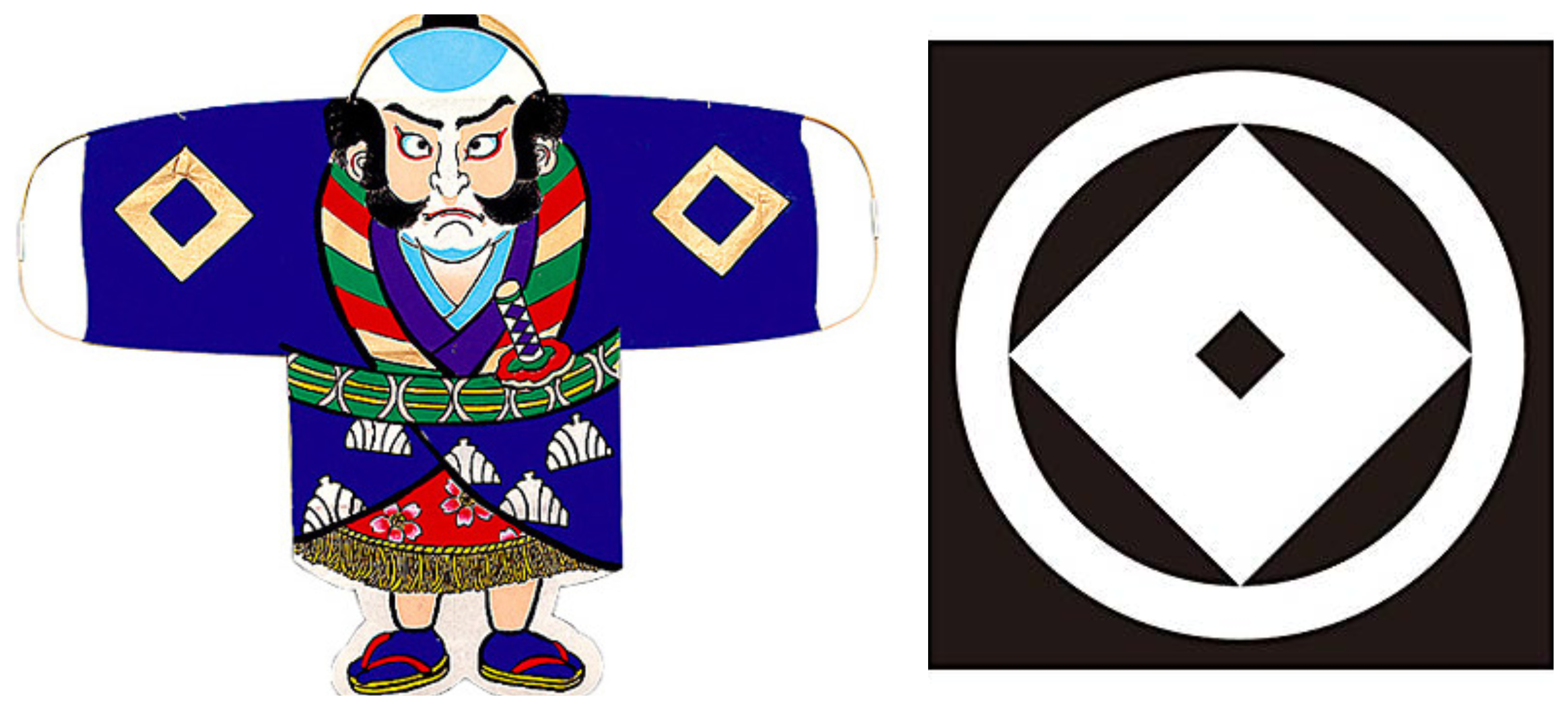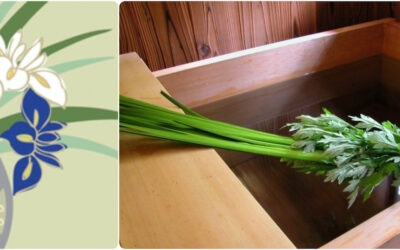
HIYA YAKKO 冷奴
When you see an item on a menu being described as HIYA, it means that dish will be served chilled. Pictured above is classic Hiya Yakko, blocks of cold tōfu garnished with grated fresh ginger, chopped scallions and curly flakes of smoky, dry-roasted katsuo-bushi. Hiya Yakko is typically served with soy sauce on the side to be drizzled over the tōfu just before eating.
I serve my hiya yakko tōfu with a seasoned soy sauce I have dubbed Umami Essence. I offer you two versions of the complexly flavored sauce, one that is vegan and the other than includes fish.
DOWNLOAD recipes for VEGAN Seasoned Soy Concentrate with a Secondary Stock and Fish-Enhanced UMAMI ESSENCE with a Secondary Stock

What’s in a name? The culinary term YAKKO 奴means “cube-shaped.” It derives from the square white crest that adorned the sleeves of footmen — called yakko – in service to high-ranking samurai in the Edo period. Kites in the shape of yakko with arms spread wide became popular among Edo (former name for Tokyo) townspeople.




